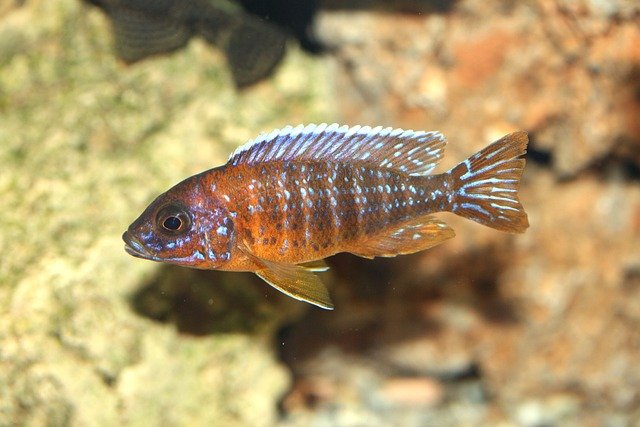In the context of climate change, mosquitoes and the pathogens they transmit are spreading more and more in Europe.
Founded in Cyprus
The European Union’s health authority ECDC warns of an increased risk of mosquito-borne diseases due to changing climatic conditions. The agency said the Asian tiger mosquito (Aedes albopictus), a known vector of chikungunya and dengue viruses, among others, is circulating in northern and western Europe. So the yellow fever mosquito (Aedes aegypti) has been established in Cyprus since last year and can also spread to other European countries. It transmits dengue, yellow fever, and Zika viruses, among others.
Consequences of climate change
The reason for the increased danger is climate change. The European Center for Disease Control and Prevention (ECDC) writes that Europe is getting warmer, heat waves and floods are becoming more frequent and intense, and summers are longer and warmer. This creates conditions more suitable for invasive mosquito species such as Aedes albopictus and Aedes aegypti. Ten years ago, the Asian tiger mosquito was detected in 8 countries of the European Economic Area (EEA), now there are 13. The number of affected areas has almost tripled over this period.
Take personal protection measures
Andrea Ammon, director of the German Center for Disease Control and Prevention, said that in recent years, a geographic spread of invasive mosquito species to previously unaffected areas of the European Union and European Economic Area has been observed. “If this continues, we can expect more cases and potential deaths from diseases such as dengue, chikungunya and West Nile fever.” The focus should be on controlling mosquito populations, improving surveillance and personal protection measures.

“Alcohol buff. Troublemaker. Introvert. Student. Social media lover. Web ninja. Bacon fan. Reader.”







More Stories
Behavioral scientist: Curiosity enhances biodiversity
Science: Microplastics from ships and the sea: investigation in the North Sea
Bad neighbors of tomatoes reduce the harvest